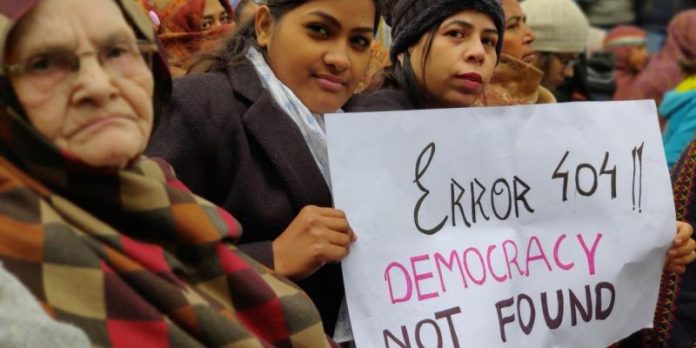New Delhi, April 2: In a recent evaluation of the Citizenship Amendment Act (CAA) 2019, constitutional experts have raised concerns about its compliance with India’s constitutional principles. The CAA, enacted in December 2019, aims to provide expedited citizenship to persecuted religious minorities from Bangladesh, Pakistan, and Afghanistan. However, experts argue that the legislation fails to meet the constitutional standards of equality and non-discrimination.
Under the CAA, individuals belonging to specific religious communities from the aforementioned countries, who entered India before December 31, 2014, are eligible for accelerated citizenship after five years of residency, instead of the standard 11 years. While the government claims the law aims to protect those facing religious persecution, critics argue that it discriminates based solely on religion, which undermines the principle of equality enshrined in Article 14 of the Constitution.
Constitutional scholars emphasize that any legislation creating differential treatment must pass the ‘Reasonable Classification Test.’ This test requires the classification to be based on intelligible differentia and have a rational nexus to the legislation’s objective. However, the CAA’s classification solely on the basis of religion raises concerns about its constitutionality.
Moreover, experts highlight the arbitrary nature of the CAA’s exclusion criteria. They point out that persecuted minorities such as Tamil Hindus from Sri Lanka and Rohingya Muslims from Myanmar are omitted from the legislation without justification. This selective inclusion raises questions about the law’s consistency and fairness.
Furthermore, the experts argue that the CAA’s classification overlooks persecuted communities like Ahmadiyyas, Hazaras, and Shias, who also face religious persecution in the identified countries. They stress the need for a broader, inclusive approach to protect all individuals facing religious persecution, regardless of their religion.
In light of these constitutional concerns, experts advocate for a more comprehensive and principled approach to citizenship legislation. They emphasize the importance of upholding India’s constitutional values of equality and non-discrimination in all legislative endeavors.
As the debate over the CAA continues, constitutional experts urge policymakers to reconsider the legislation’s provisions to ensure alignment with India’s constitutional mandates. They emphasize the importance of crafting laws that uphold the principles of equality and justice for all individuals, regardless of their religious affiliation.
In the words of Dr. Subhash Kashyap, a leading jurist on constitutional law, “The protection against religious persecution should extend to all individuals facing such persecution. The distinction should ideally be based on persecuted minorities, not solely on religious grounds.” As India continues to assert its position as the world’s largest democracy, the need for fair and inclusive legislation becomes ever more paramount.




